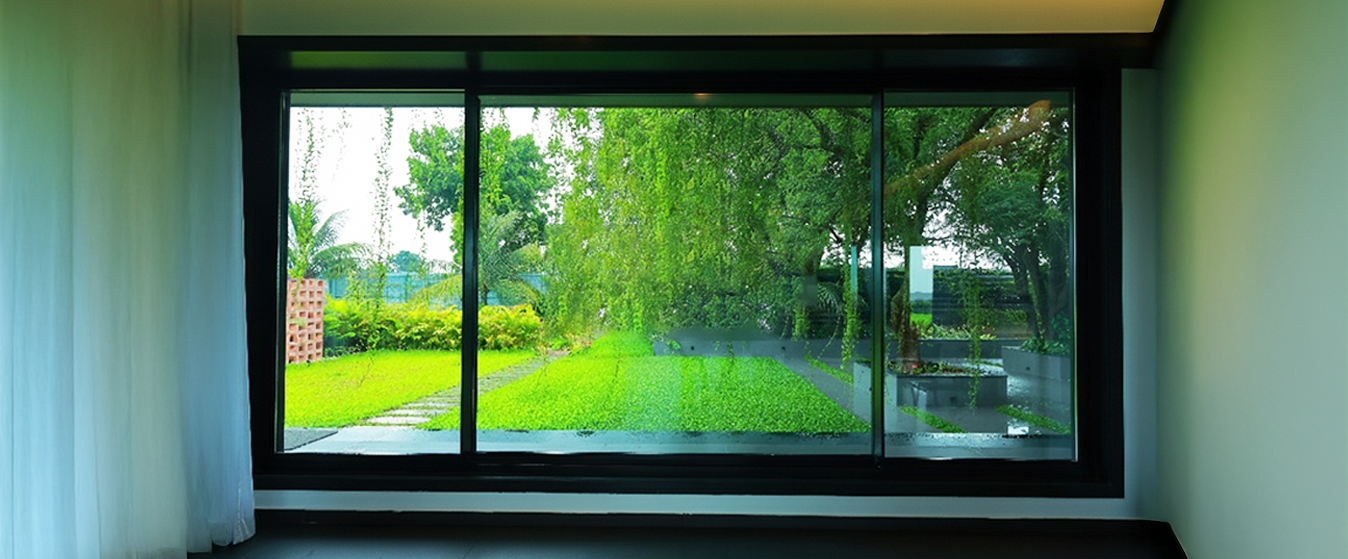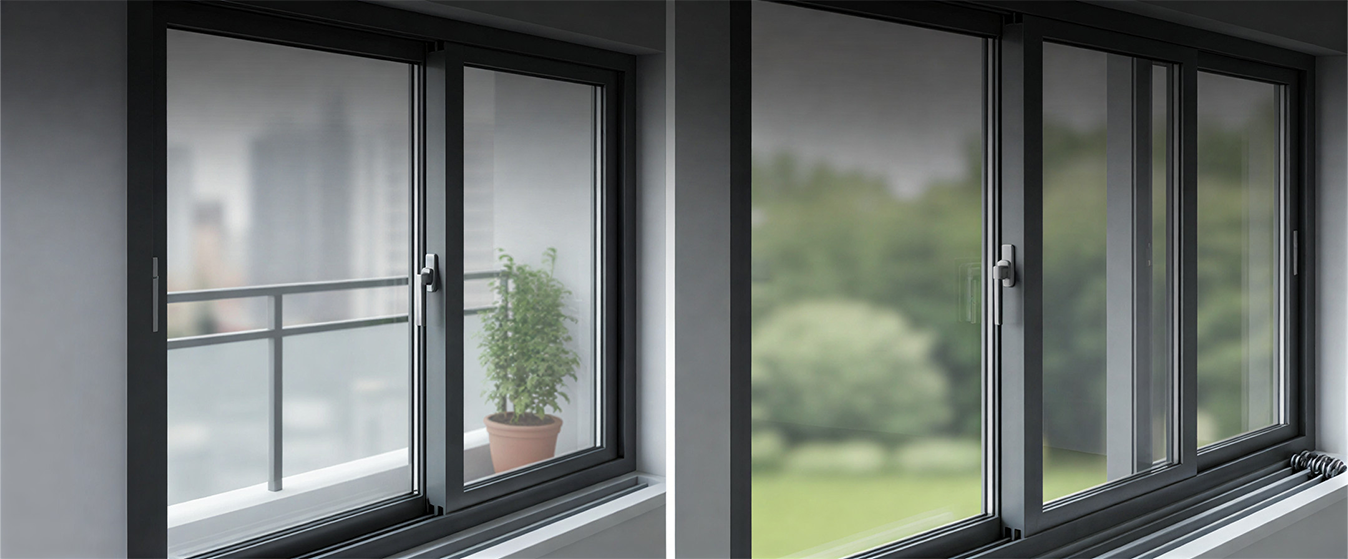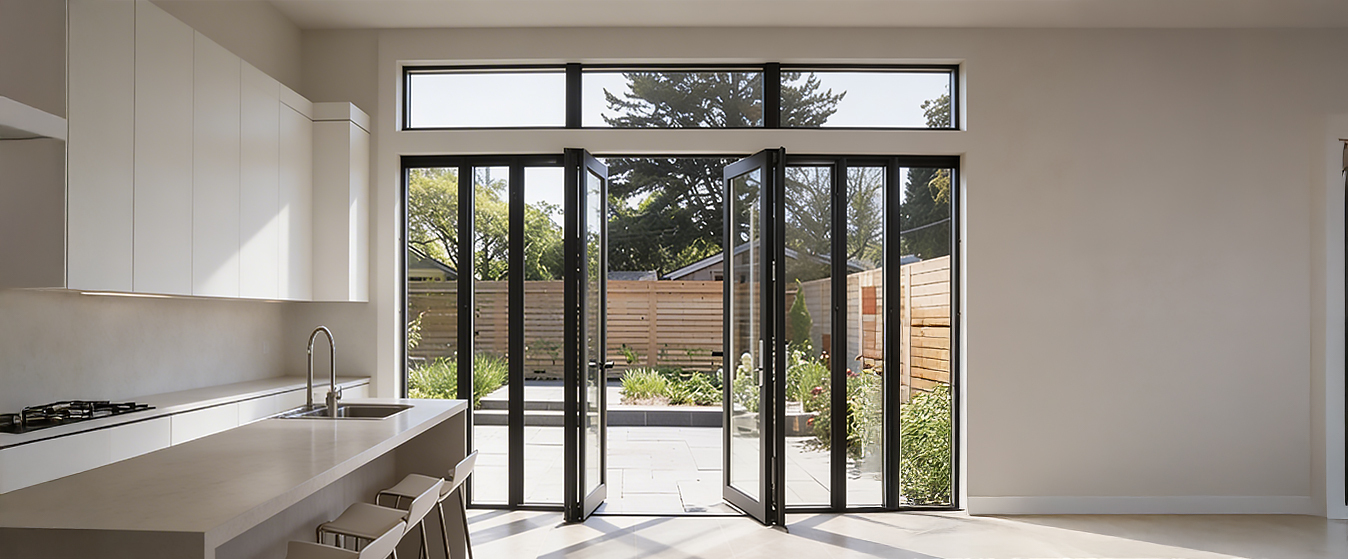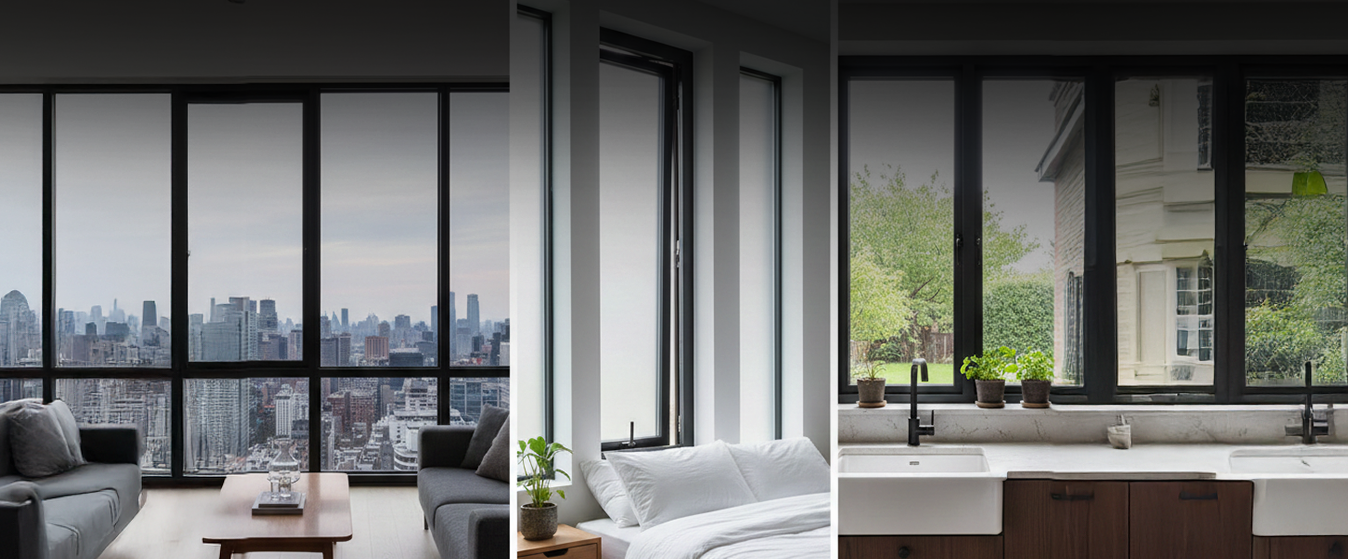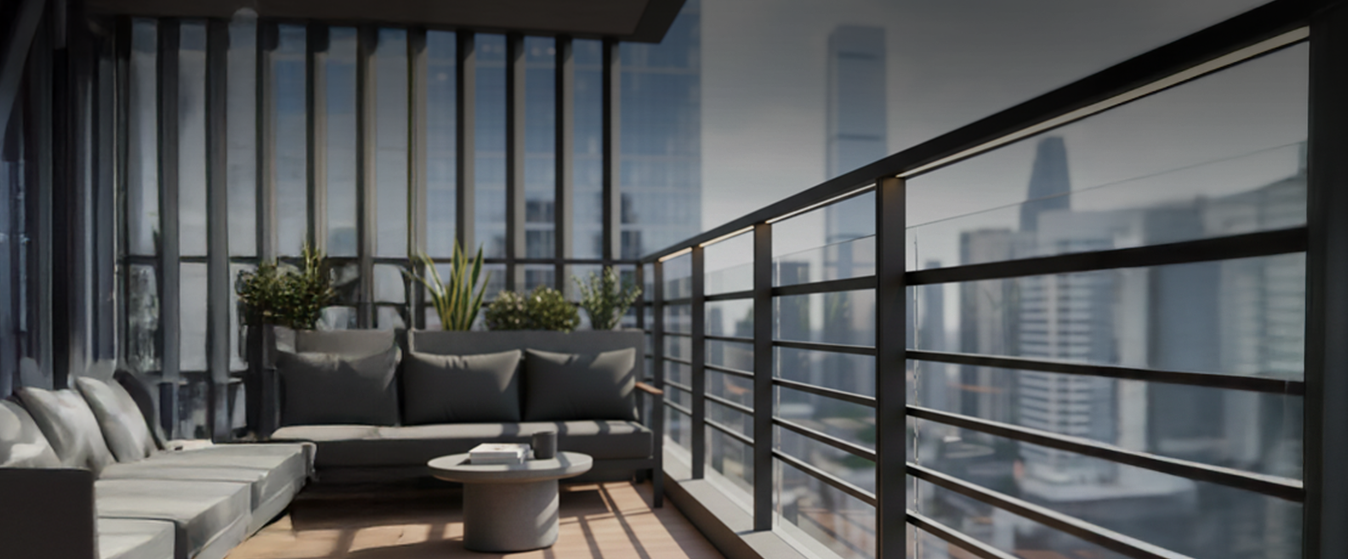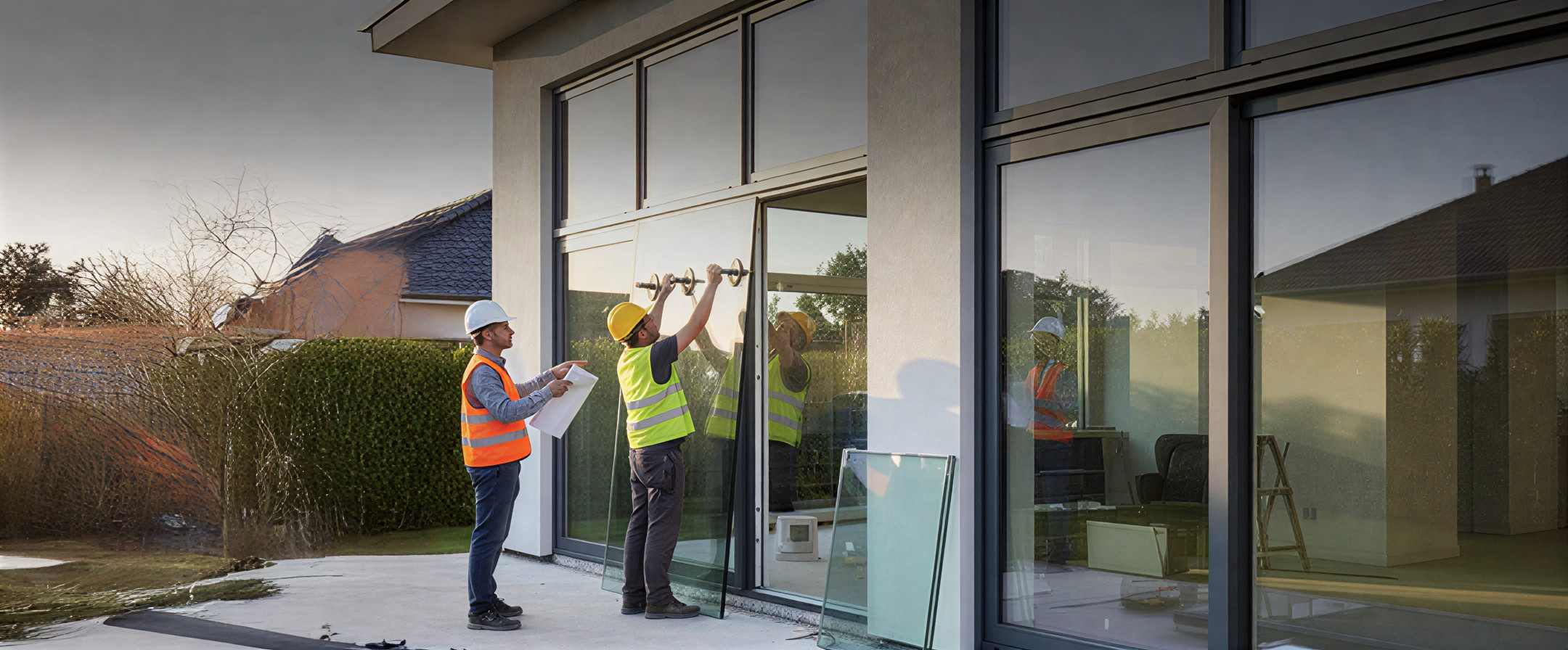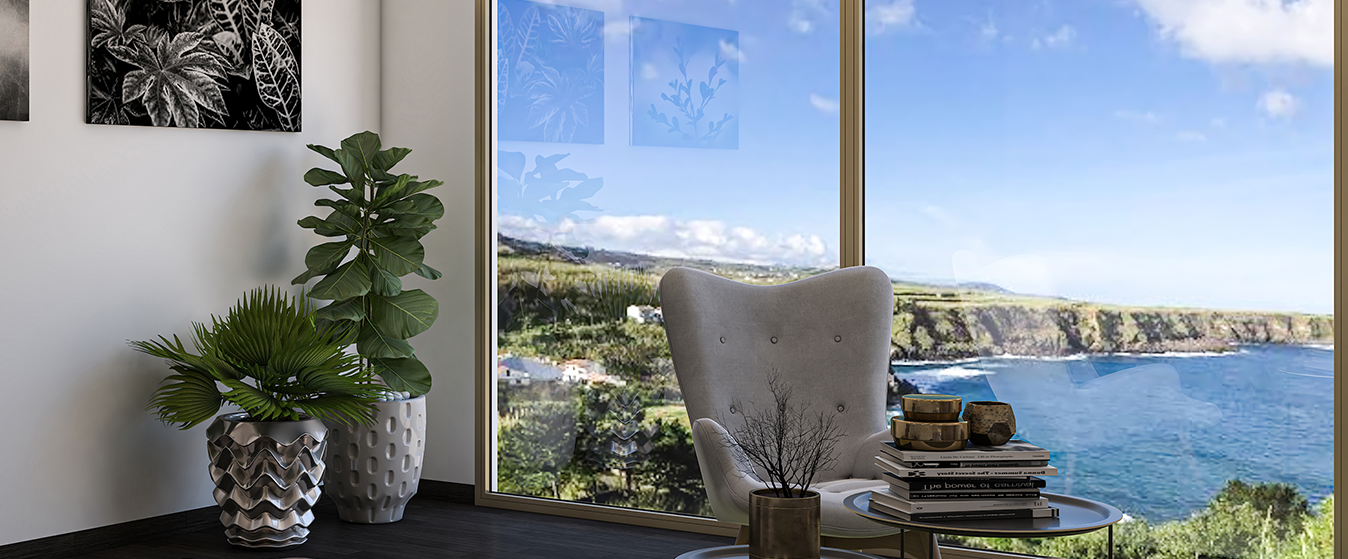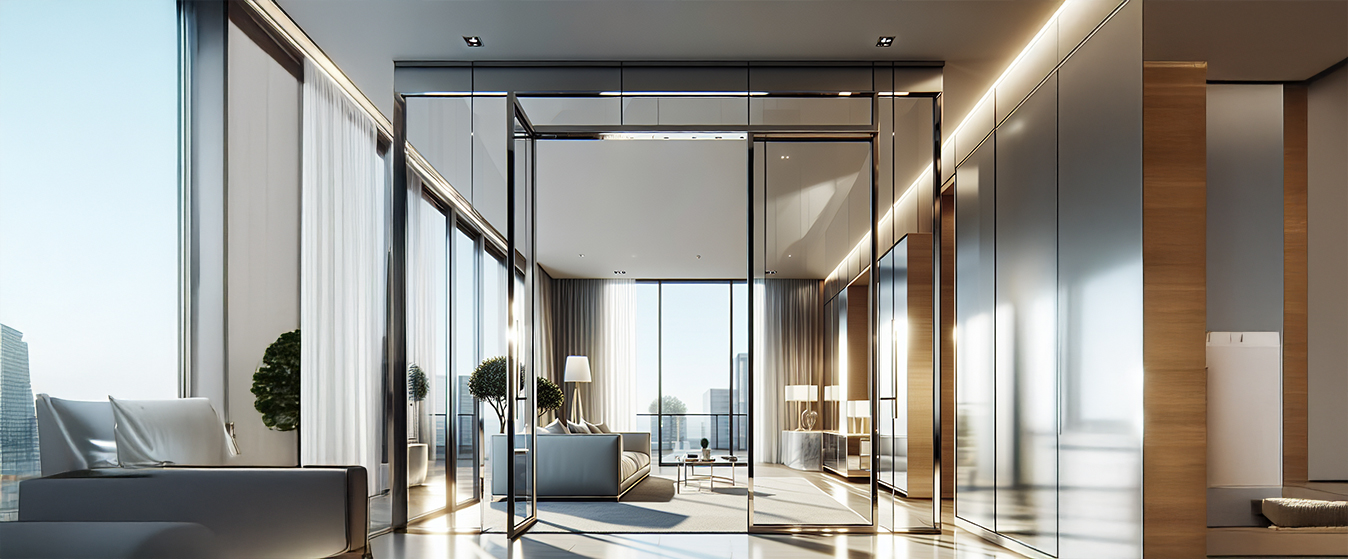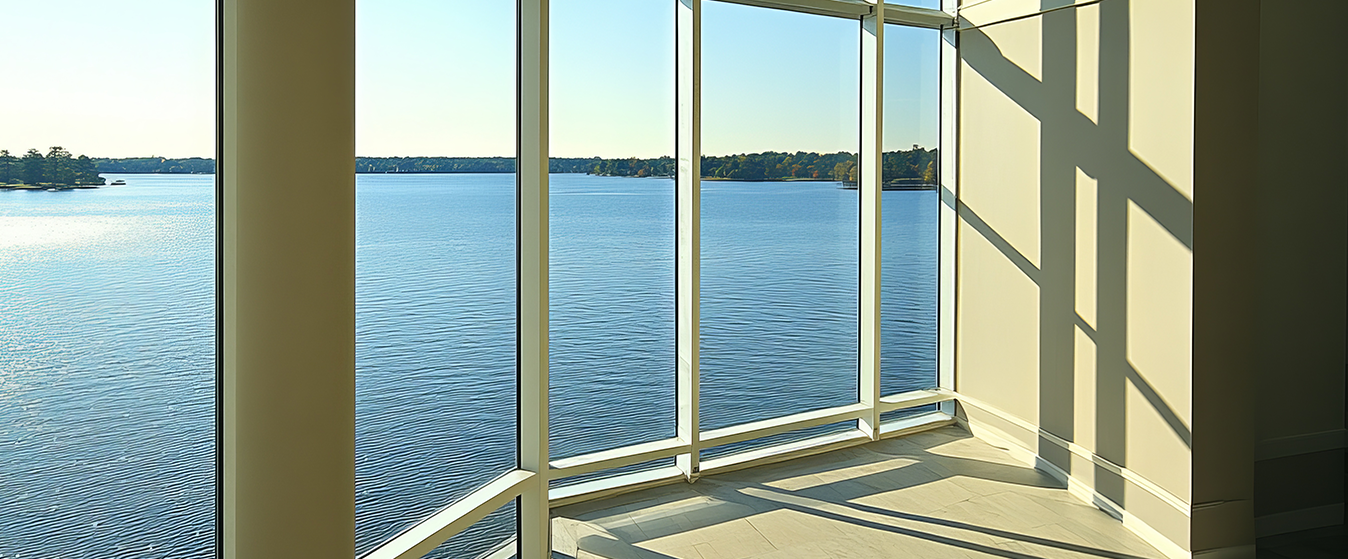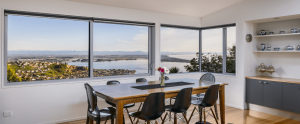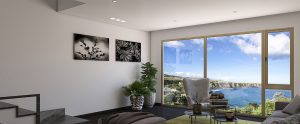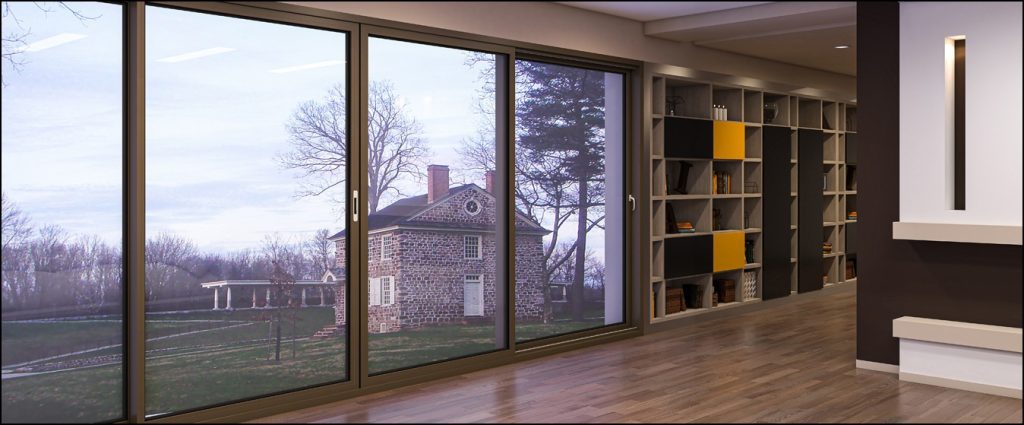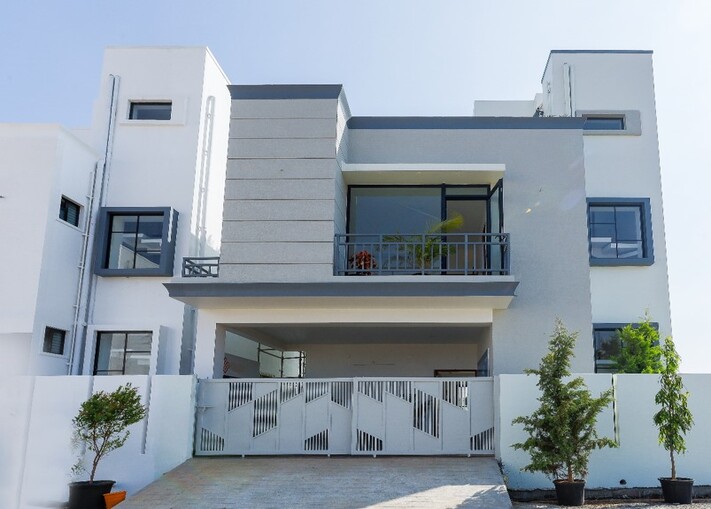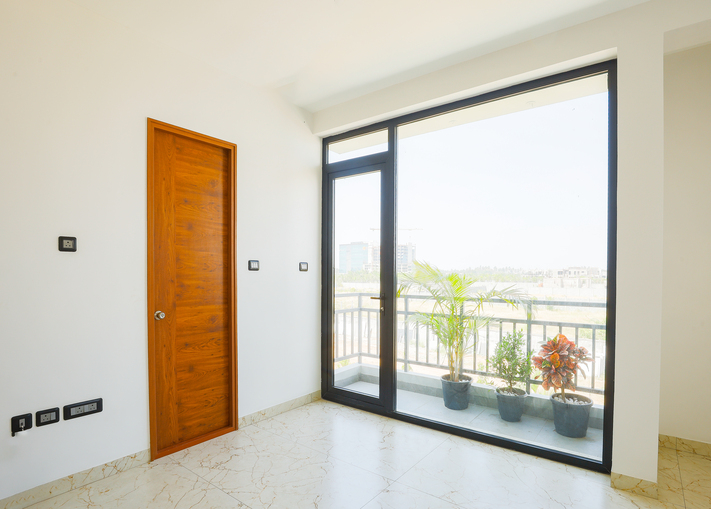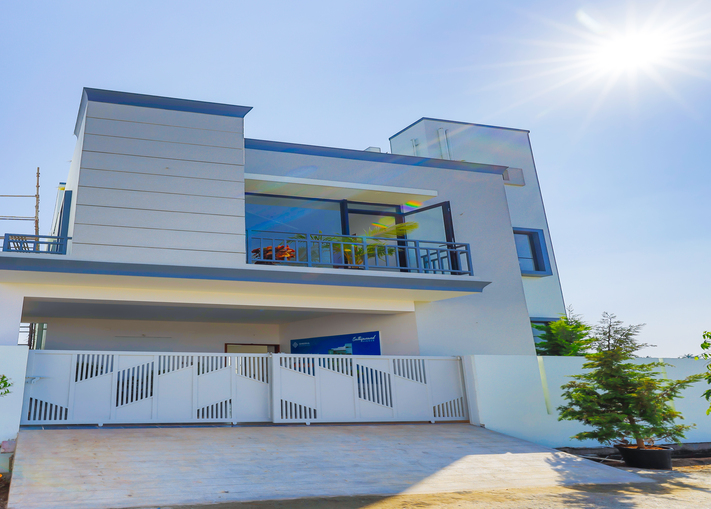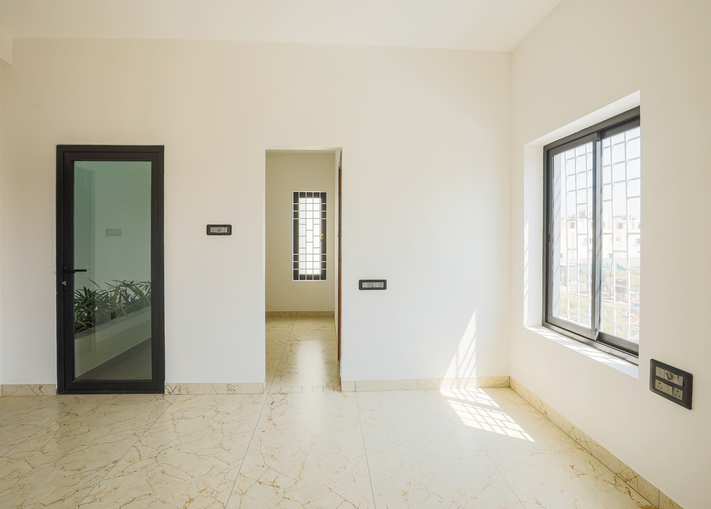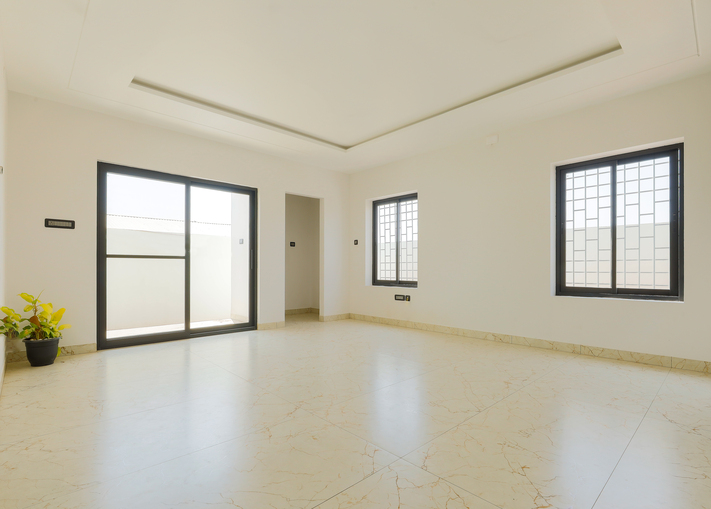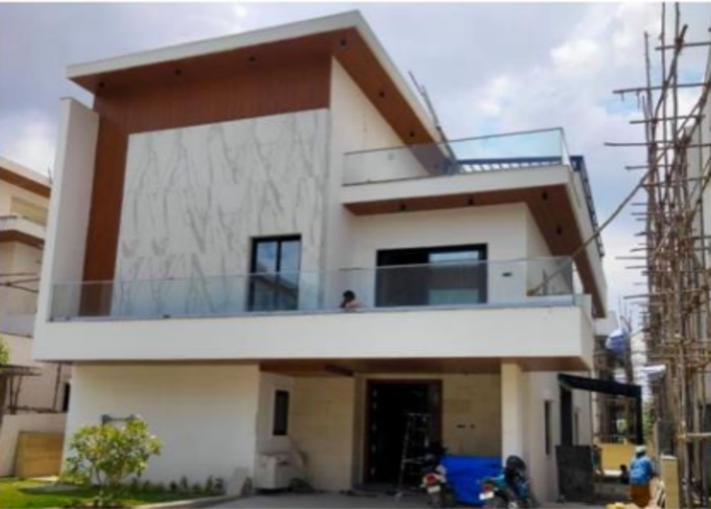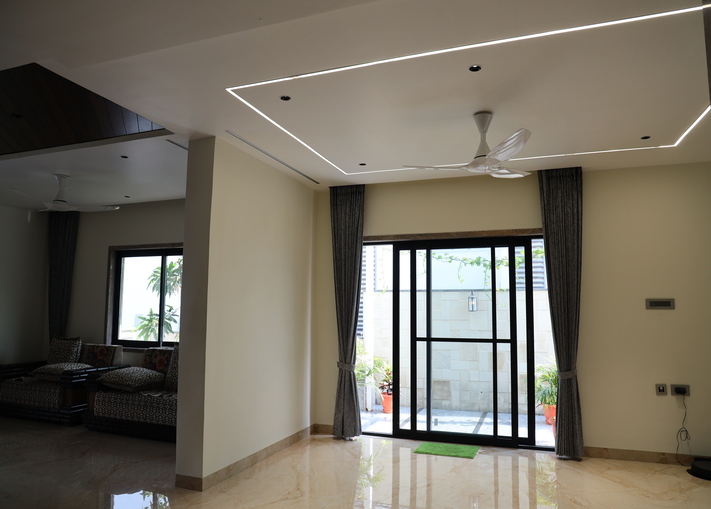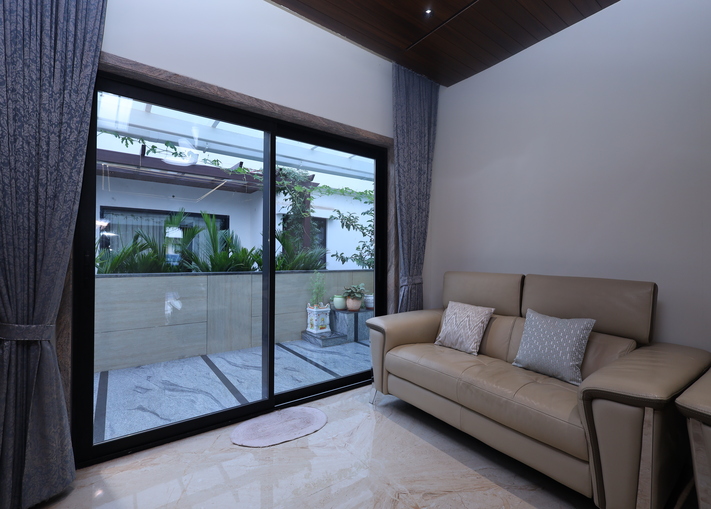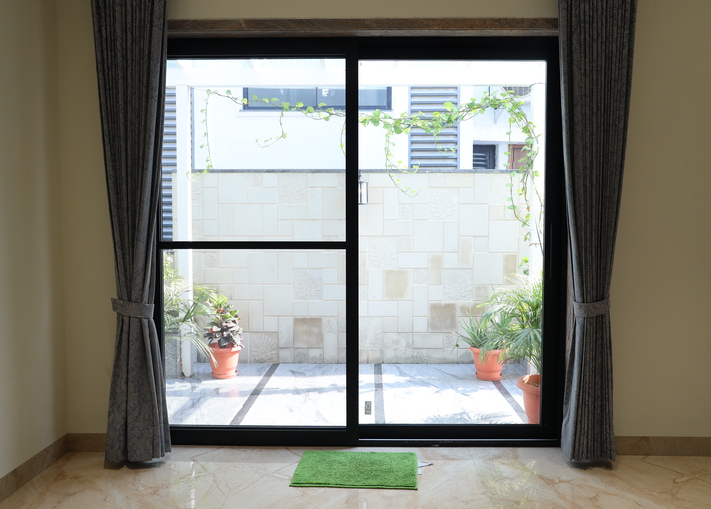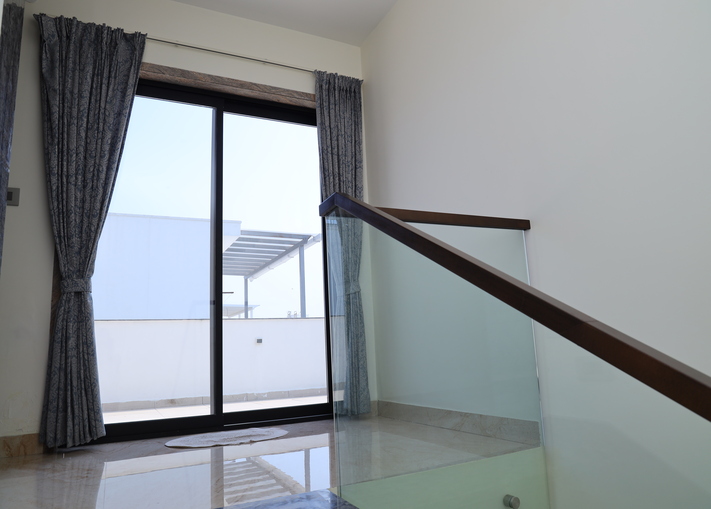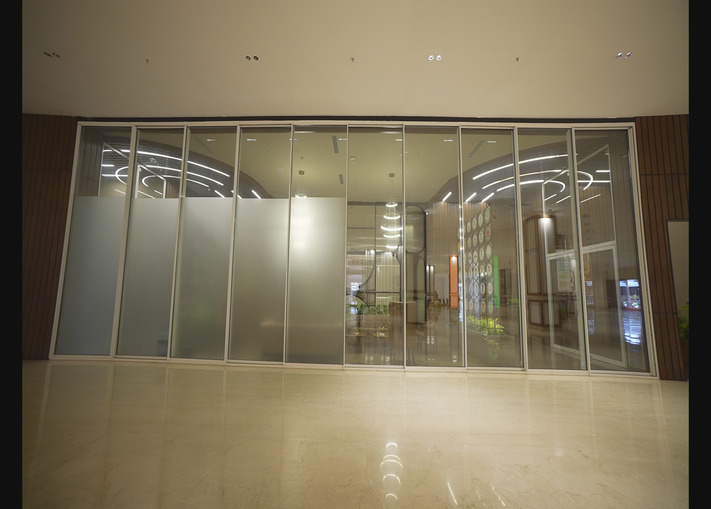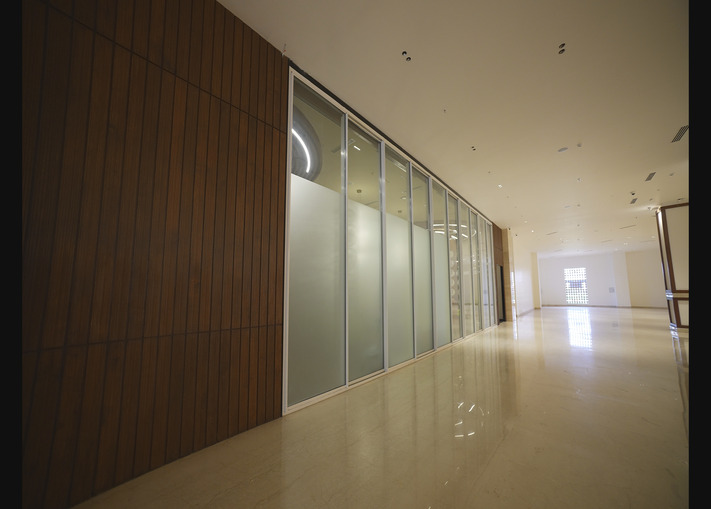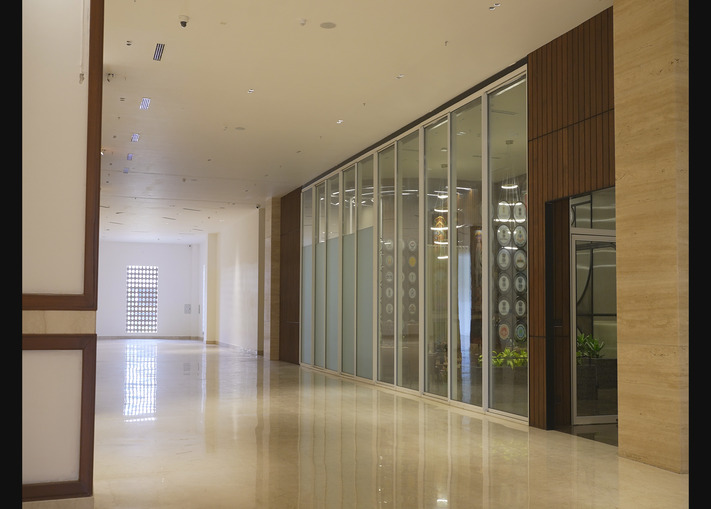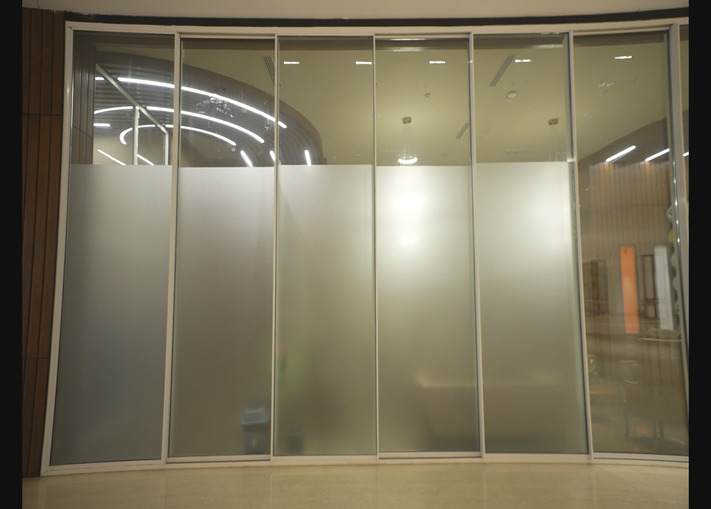Why Should You Choose Aluminium Windows Over Traditional Options?
November 4, 2025
In modern Indian architecture, windows have become key design elements that define a home’s style, comfort, and energy performance.
Yet, many homeowners still find themselves choosing between aluminium windows and more traditional options like wood, steel, or uPVC.
But honestly, the truth is each material tells a different story. While wooden frames have a timeless appeal and uPVC is known for affordability, aluminium has steadily emerged as the go-to material for contemporary living spaces. Its strength, flexibility, and sleekness have redefined what a window can do for a modern home.
Let’s take a closer look at why aluminium window frames are increasingly preferred across India and what makes them worth the investment.
What Are Traditional Window Systems?
Traditional window systems typically include wooden, steel, and uPVC frames. For decades, they have shaped the visual identity of Indian homes and offices. Each has distinct characteristics but also limitations.
Wooden windows were once prized for their warmth and craftsmanship. However, they are vulnerable to warping, termite damage, and moisture, especially in humid or coastal areas.
Steel windows, while strong, tend to rust and require frequent repainting. They also limit design flexibility and thermal performance.
uPVC windows gained popularity in the last decade due to their insulation and low maintenance, but they lack the structural strength and sleekness of metal-based systems.
While these traditional options served their purpose in earlier architectural eras, the rise of energy-efficient, design-forward, and sustainable construction has shifted the focus toward aluminium.
What Makes Aluminium Windows Different?
Aluminium windows stand out because of it’s unique engineering precision with aesthetic appeal.
Aluminium is a noncorrosive, lightweight, and dimensionally stable material. It doesn’t expand, warp, or crack with weather changes, ensuring longevity and smooth operation year after year.
A major difference lies in system design. Modern aluminium windows are engineered as integrated systems, where profiles, hardware, glass, and sealing components work seamlessly together. This results in better insulation, soundproofing, and performance consistency.
Also, aluminium allows for slimmer sightlines and larger glass areas, letting in more natural light while maintaining structural integrity. Its sleek appearance complements minimalist architecture and modern facades beautifully.
From a sustainability standpoint, aluminium is also 100% recyclable without losing quality. This makes it one of the most eco-conscious materials for long-term use.
Comparing Aluminium Windows with Traditional Materials
Let’s look at how aluminium windows stack up against traditional materials on key parameters:
| Feature | Aluminium Windows | Wooden Windows | Steel Windows | uPVC Windows |
| Durability | Extremely durable | Prone to termites and warping | Can rust over time | Can deform under heat |
| Maintenance | Minimal and easy to clean | Requires regular polishing | Frequent repainting needed | Low maintenance |
| Design Flexibility | Highly flexible | Limited by the woodwork style | Restricted design options | Moderate flexibility |
| Energy Efficiency | Excellent with thermal break systems | Average | Poor insulation | Good |
| Cost-effectiveness (Long-term) | Lasts 40+ years | Expensive to maintain | High maintenance cost | Economical but less durable |
| Eco-friendliness | Fully recyclable | Not sustainable unless responsibly sourced | Not recyclable | Recyclable to some extent |
The comparison shows how aluminium offers a balanced mix of strength, beauty, and practicality, qualities that traditional materials struggle to deliver together.
Advantages of Aluminium Window Systems for Modern Homes
1. Long-lasting Performance
Aluminium frames can easily last 40 years or more with minimal upkeep. They resist corrosion, fading, and deformation, making them ideal for India’s diverse climates, from
humid coasts to dry interiors.
2. Sleek and Modern Design
Modern homes demand clean lines and expansive glass. Aluminium’s high strength-to-weight ratio allows for slim profiles and larger windows that add openness without compromising strength. Powder coating options also allow endless color and texture possibilities.
3. Excellent Thermal and Acoustic Insulation
Advanced aluminium system windows come with thermal breaks and non-metallic barriers that prevent heat transfer, improving energy efficiency. They help maintain indoor temperatures and reduce energy consumption when integrated with double or triple-glazing. Quality sealing also offers remarkable soundproofing.
4. Low Maintenance
Aluminium windows require no regular painting or polishing. A simple wipe-down keeps them looking new, unlike any other material that needs frequent touch-ups.
5. Eco-Friendly Material
Aluminium is one of the most sustainable building materials available. It’s 100% recyclable, non-toxic, and can be repurposed indefinitely without losing strength. This makes it a responsible choice for green buildings and sustainable architecture.
6. Security and Safety
Aluminium’s inherent strength supports multi-locking systems and reinforced glazing. Whether in villas, high-rises, or commercial buildings, this ensures greater protection against intrusions and impact.
7. Versatility in Design
Aluminium can be fabricated into any style, from casement, sliding, tilt-and-turn, and folding designs. This flexibility lets homeowners seamlessly match aesthetics with functionality.
Why Does Aluminium Outperform Traditional Options in Indian Conditions?
India’s diverse climate ranges from heavy monsoons to dry heat and coastal humidity. Many traditional materials struggle to cope with these variations.
Aluminium, however, performs exceptionally well under all conditions:
- It doesn’t absorb moisture or expand in humidity.
- Powder-coated finishes resist rust and fading even in coastal air.
- Thermal break systems reduce heat gain, making interiors cooler in summer and warmer in winter.
- It requires no seasonal maintenance, unlike wood that demands regular treatment.
This adaptability makes aluminium windows not just practical—but almost tailor-made for the Indian environment.
Choosing the Right Aluminium Window System for Your Home
The perfect aluminium system depends on your room type, location, and functional needs:
- Living Rooms and Balconies: Go for sliding or lift-and-slide aluminium windows for uninterrupted outdoor views and easy operation.
- Bedrooms: Choose casement windows with double glazing for better insulation and noise reduction.
- Bathrooms and Kitchens: Opt for top-hung or ventilator-style aluminium windows for proper airflow and moisture control.
- High-rise Apartments: Use system windows with pressure-equalized frames for wind and water resistance.
If you live near high-traffic zones or coastal areas, always consider thermally broken aluminium systems for improved insulation and energy savings.
Final Thoughts
The shift toward aluminium window systems is a logical evolution of how we build for comfort, sustainability, and performance. Aluminium blends structural strength, long-term durability, and sleek minimalism in ways traditional materials simply can’t match.
As homeowners prioritize low maintenance, energy efficiency, and modern aesthetics, aluminium is the future-ready solution for Indian homes.
If you want to upgrade your space with premium aluminium windows, explore Alteza, one of India’s leading aluminium window brands. With our experts, we are focused on providing cutting-edge engineering, high-quality finishes, and fast installation for lasting beauty and performance.
FAQ’s
Q1. Why choose aluminium windows?
A. Aluminium windows are strong, sleek, and highly durable. They offer excellent weather resistance, support modern designs with slim frames, and can last over 40 years. Their ability to integrate thermal insulation and soundproofing also makes them ideal for urban Indian homes.
Q2. What is the disadvantage of aluminium windows?
A. The main drawback lies in poor-quality, non-thermal aluminium systems that can conduct heat easily. However, modern aluminium system windows with thermal breaks and high-quality glazing eliminate this issue completely. Always choose trusted brands that use engineered profiles and certified insulation technology.
Q3. What is the main advantage of using aluminium?
A. Aluminium’s biggest advantage is its strength-to-weight ratio. It’s lightweight yet strong enough to hold large glass panes without bending or cracking. This makes it perfect for modern architectural designs where clean lines and larger openings are key.
Q4. Why choose aluminium windows over uPVC?
A. Aluminium outperforms uPVC in durability, design flexibility, and long-term performance. While uPVC can warp under heat and fade with time, aluminium maintains its structure and finish for decades. It’s also more environmentally friendly, as it can be recycled infinitely.
Q5. Why should we avoid aluminium?
A. There’s no need to avoid aluminium, only low-grade, non-system aluminium frames that lack insulation and quality finishes. Reputable manufacturers use powder-coated, thermally insulated aluminium, which solves earlier drawbacks and offers lasting comfort.
Q6. How long do aluminium windows typically last?
A. High-quality aluminium windows typically last 40–50 years with minimal maintenance. Their corrosion-resistant coating and sturdy construction help them withstand extreme climates, including heavy rains and coastal humidity, far longer than wood or uPVC alternatives.
Q7. Are aluminium windows environmentally friendly?
A. Aluminium is 100% recyclable and retains all its properties after recycling. In fact, nearly 75% of the aluminium ever produced is still in use today. It also supports energy-efficient construction by reducing heat loss and cooling needs, making it a sustainable choice.
Q8. Do aluminium windows require special maintenance?
A. Aluminium windows are incredibly low-maintenance. Just clean the frames occasionally with a soft cloth and mild soap to prevent dust buildup. Periodic checks on the seals and hardware are enough to keep them working smoothly for decades.
Q9. Are aluminium windows suitable for Indian homes?
Yes, aluminium windows are ideal for Indian homes because they withstand diverse climates, from humid coastal zones to dry, dusty plains. Their corrosion resistance, strength, and thermal performance make them a perfect match for local conditions.


